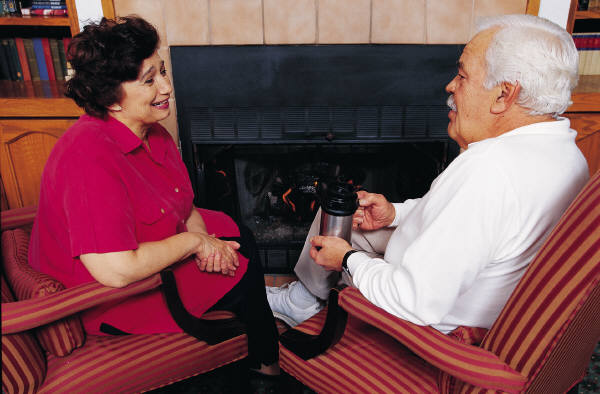
The first thing you need to have is a will. Without one, your assets will be divvied up according to the laws in your state. “It isn’t necessarily what you think or want,” warns California-based financial adviser Ted George.
Do you really need a will? One word: Yes!
If you don’t have a will, then your assets may be divided by state law. Who wants that?
So, how does that work? Your heirs will get a portion based on their relationship to you (e.g., spouse, child, niece, etc.). And, yes, your blackjack-playing brother “Lucky” in Nevada will get the same split as your sister who volunteers with local charities three days a week.
What about any minor children? Your will should state a specific guardian and at least one successor in case the primary guardian cannot or will not serve. You don’t want you kids in foster care or staying with Uncle Lucky in Las Vegas if you can help it.
An article from the Times Herald-Record in the Hudson Valley area of New York State, titled “Retirement & Estate Planning“, recently reviewed several other fundamental steps you should take to complete your estate plan.
After setting out the guardianship in your will, the article advises to secure a retirement account and insurance policy with beneficiaries. Finally, you can create trusts, which state how to distribute (and how not to distribute) your assets after your death.
That’s a lot to remember. Don’t rely on luck (or Lucky).
An additional step is to get the advice of an experienced estate planning attorney so your will and other documents are customized for your specific situation.
Resource: Times Herald-Record (Hudson Valley NY) (March 16, 2014) “Retirement & Estate Planning“











